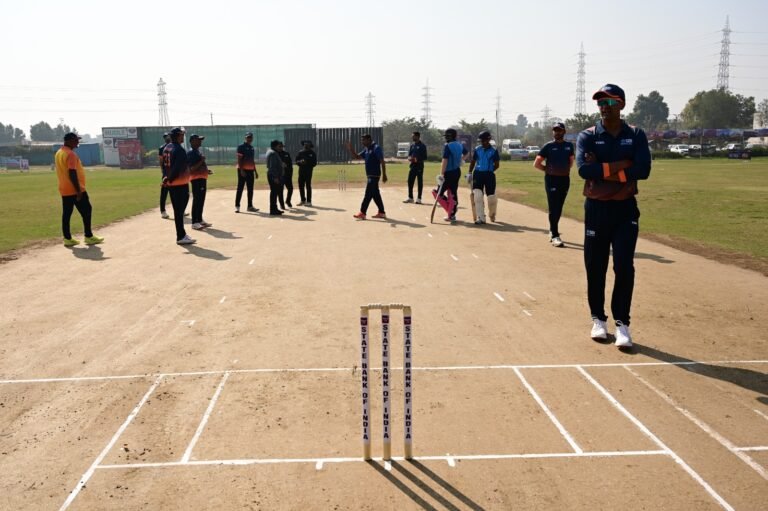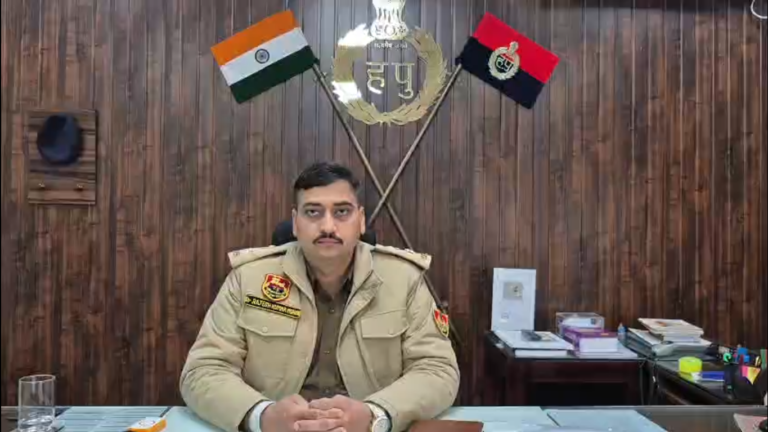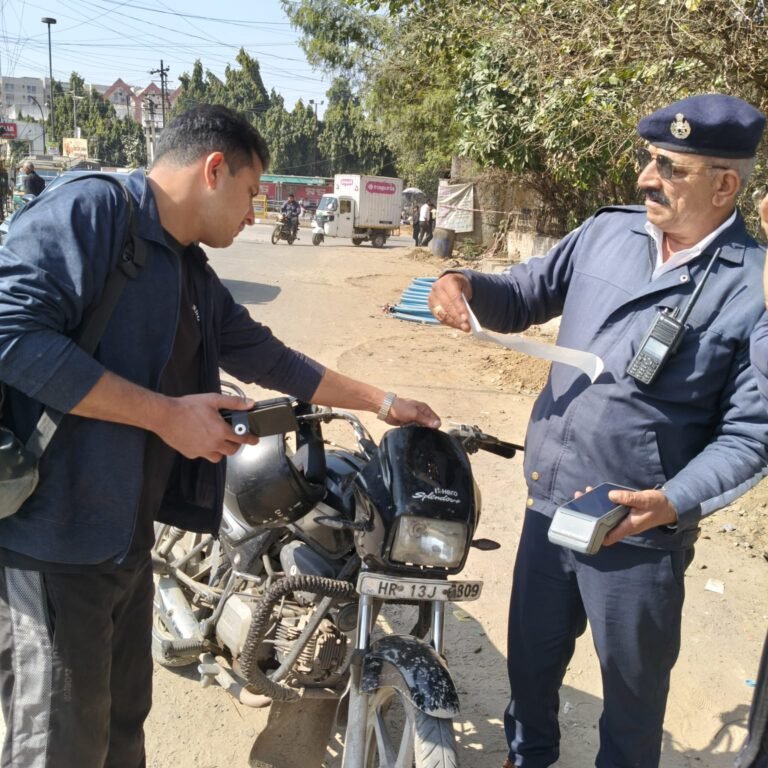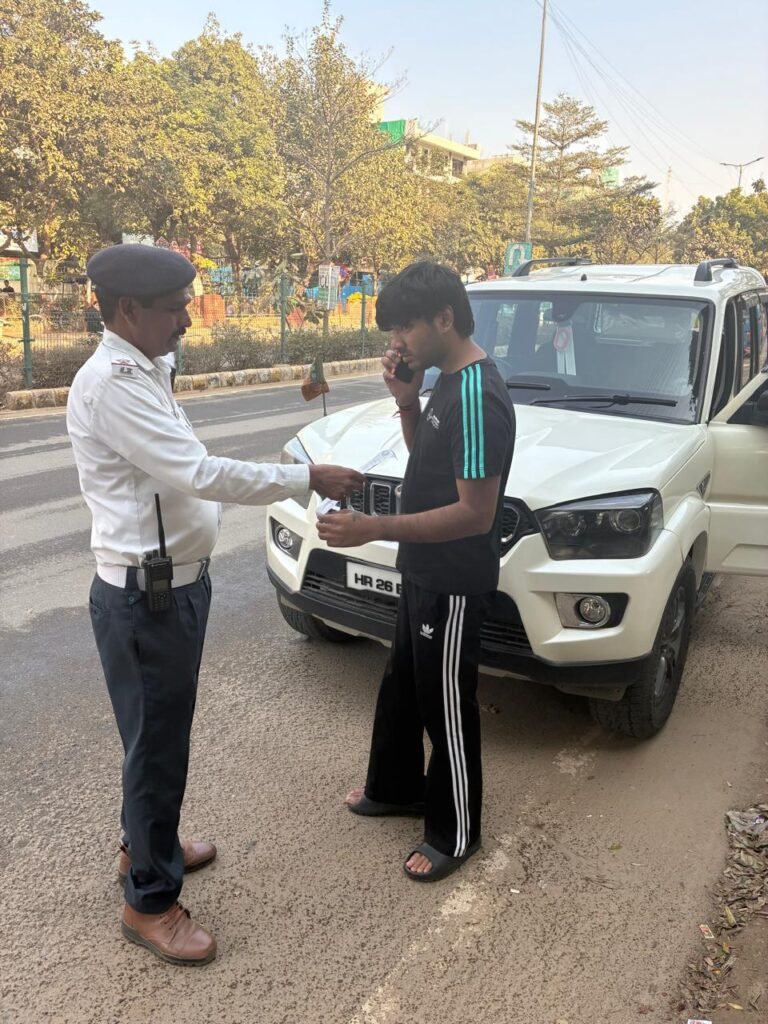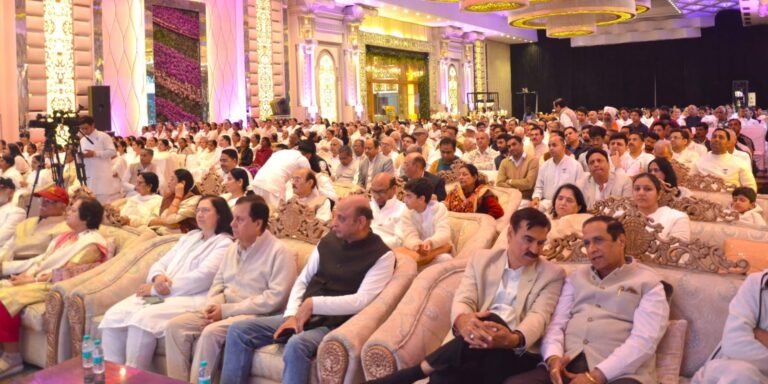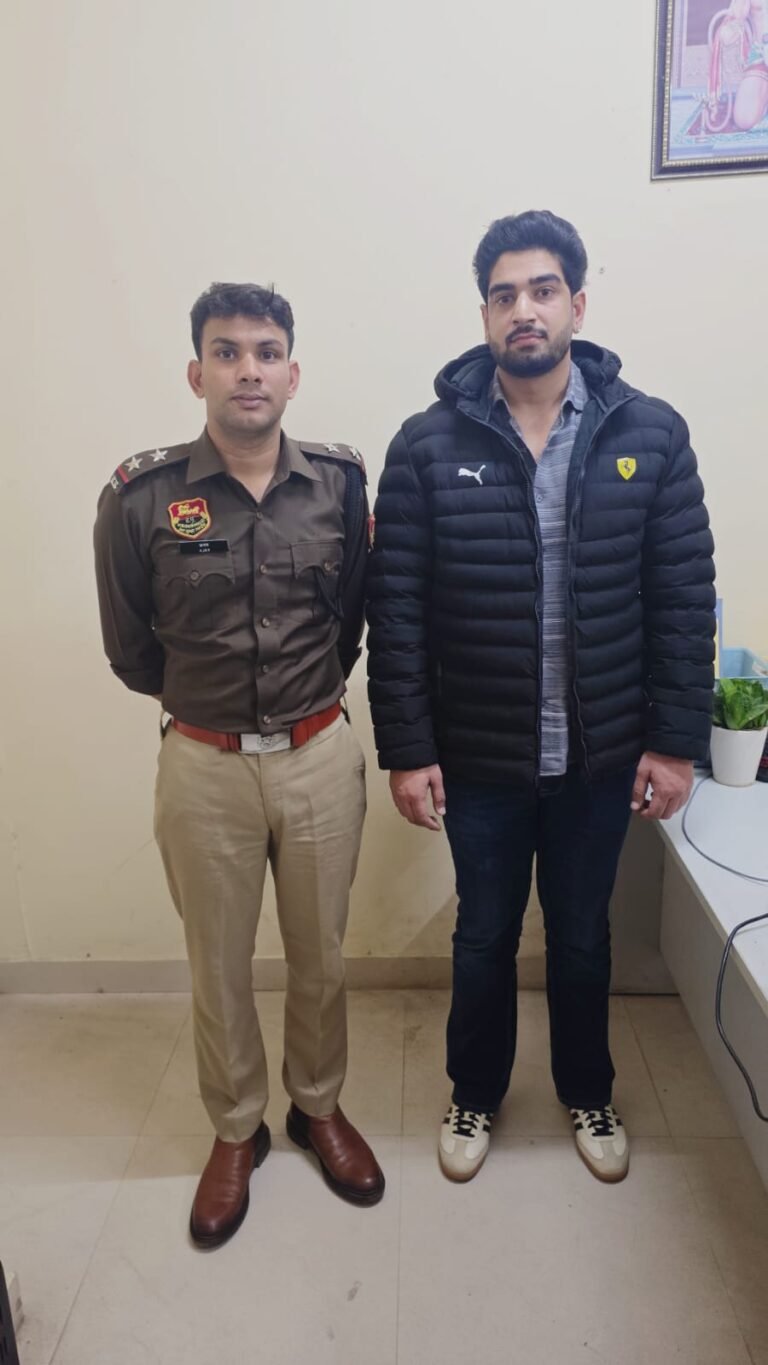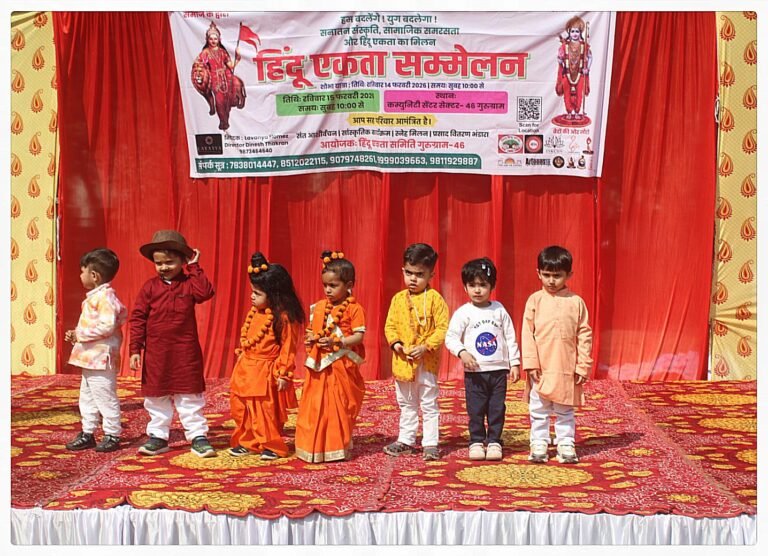
Bilkul Sateek News
Gurugram (Paridhi Dhasmana), 29 April — Amid the horror of the April 22 assault in the Baisaran meadow that claimed 28 tourists’ lives, tales of courage and humanity emerged as locals, security forces, and fellow visitors rallied to save the wounded.
Local pony-owners were among the first on the scene. Rayees Ahmad Bhatt, president of Pahalgam’s Pony Owners Association, helped haul five injured tourists to safety—carrying one child on his back—and organized ponies as makeshift ambulances to ferry the wounded over rough terrain to medical help 40 km away in Anantnag. “I was just one person whose video was taken and circulated. Many people were doing the same,” he later said, underscoring the collective spirit that gripped the valley that afternoon.
In an even more dramatic act of self-sacrifice, pony handler Syed Adil Hussain Shah confronted one of the gunmen to protect two tourists. Eyewitnesses say he grabbed the attacker’s rifle before being fatally shot. He was the sole local civilian killed, and his funeral drew thousands—including J&K Chief Minister Omar Abdullah—in tribute to a man “who died saving lives.”
Equally heroic was guide Nazakat Ahmad Shah, who, despite the chaos and his own grief at losing a cousin in the assault, led a group of 11 tourists—including three children—through a gap in the meadow’s fence to safety. He then doubled back to rescue a separated family, shepherding them 1.5 km down the hillside before driving them to Srinagar. Survivors said he “saved us by risking his life.”
Tourist guide Sajad Ahmad Bhat also sprang into action, carrying more than a dozen injured people—one child among them—on ponies toward the nearest hospital and handing out water to the shock-stricken. Rediff reported that he and other shawl sellers immediately mobilized after a call from the Pony Association president, embodying Kashmiriyat’s famed hospitality amid the bloodshed.
Security forces—including J&K Police, CRPF teams and Army units—after initial delays, launched a joint cordon and search operation, imposing a temporary lockdown in Pahalgam. Once on-site, they moved swiftly to evacuate the wounded. Indian Army helicopters were deployed not only to airlift critically injured tourists to a military hospital in Srinagar but also to track down militants who reportedly fled to the upper reaches of the Pir Panjal range. Ground teams continued to scour the surrounding forests in search of the perpetrators of the deadliest attack on civilians the region has seen in decades.
Survivors and officials alike noted how these acts of solidarity transcended divisions. “They kept humanity alive,” one visitor said of their rescuers, while another called his saviour “an angel sent by God,” underscoring how, in the face of terror, humanity prevailed over fear.




